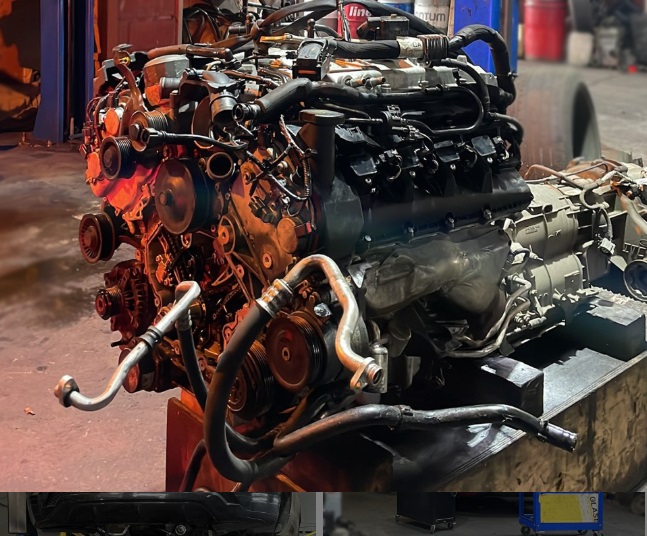

Few vehicles command as much respect and admiration as the Range Rover. Synonymous with luxury, power, and capability, it’s a vehicle that delivers exceptional performance both on and off the road. However, even the most refined engineering requires maintenance — and at the heart of every Range Rover lies its engine. Understanding engine servicing and replacement is crucial for maintaining reliability, extending lifespan, and preserving that signature smooth performance owners love.
Why Regular Engine Service Matters
Your Range Rover’s engine is a complex piece of machinery composed of hundreds of precisely engineered components. Over time, natural wear, oil degradation, and heat buildup can compromise efficiency. Routine servicing isn’t just about keeping the check-engine light off — it’s about ensuring the entire powertrain performs as intended.
When you schedule regular engine service, technicians inspect vital components, change fluids, and run diagnostics to detect issues before they become expensive problems. Tasks such as oil changes, coolant flushes, timing belt checks, and filter replacements directly impact your vehicle’s longevity.
Ignoring these steps can lead to carbon buildup, loss of compression, or complete engine failure — all of which result in costly repairs. Consistent servicing every 10,000 to 15,000 kilometers (or as recommended by the manufacturer) helps prevent small issues from turning into major ones.
Common Signs Your Range Rover Engine Needs Attention
Even with routine maintenance, engines can develop issues due to age, driving habits, or manufacturing variances. Recognizing early warning signs can save you time, money, and stress.
Here are some of the most common symptoms to watch for:
If any of these symptoms appear, it’s time to consult a qualified technician who specializes in Range Rover engine diagnostics and service.
The Engine Service Process Explained
A comprehensive Range Rover engine service involves much more than just an oil change. Experienced technicians follow a detailed process to ensure every part of the engine operates flawlessly.
Regular servicing not only preserves engine health but also maintains your vehicle’s resale value — a key consideration for luxury SUVs like Range Rover.
When Engine Replacement Becomes Necessary
Despite the best care, every engine has a lifespan. In some cases, replacement becomes the most cost-effective and practical option. Common reasons for engine replacement include:
At this point, owners face a decision: rebuild or replace. While rebuilding can be viable for minor damage, full replacement ensures long-term reliability, especially if the existing engine has suffered extensive wear.
Choosing Between Engine Repair and Replacement
Determining whether to repair or replace depends on three main factors: cost, condition, and expected lifespan. A rebuild typically costs less upfront, but if your engine has over 150,000 kilometers or recurring issues, replacement offers a fresh start and renewed performance.
Modern Range Rover engines come as remanufactured or brand-new units, each tested for quality assurance. Remanufactured engines are often rebuilt to meet original factory specifications, making them a budget-friendly alternative to brand-new replacements.
Professional workshops offering Range Rover engine replacement services usually provide warranties, ensuring peace of mind for the owner. Always verify that the service center uses genuine OEM parts and has experience with Land Rover powertrains, as these engines require precision installation and calibration.